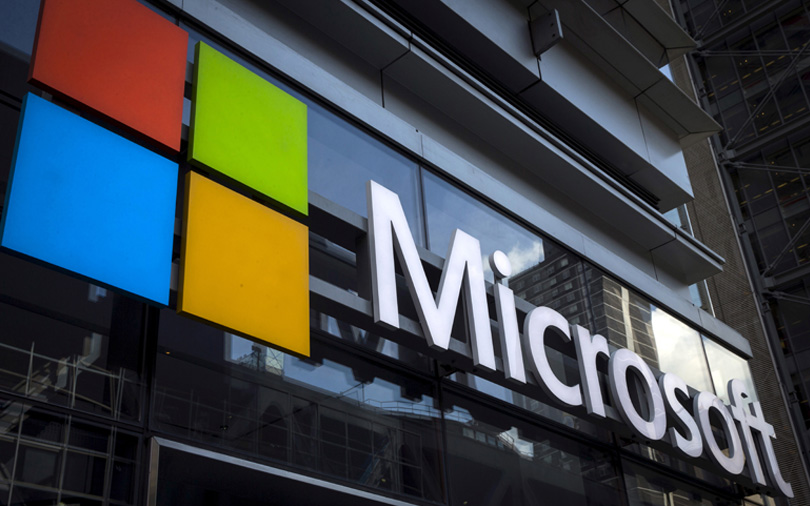
Microsoft releases Linux-based operating system to secure IoT devices


Tech giant Microsoft has released its own version of Linux, a free open-source operating system, with an aim to secure millions of Internet of Things (IoT) devices running on microprocessors called microcontroller units (MCUs).
Called Azure Sphere OS, the operating system is part of a suite called Azure Sphere comprising three components that work together to protect and power devices, the company said.
The operating system has been released with a view to boost cyber security as more and more devices link up to the internet.
The first component in the suite is Azure Sphere-certified microcontroller units (MCUs), a new cross-over class of MCUs that combines both real-time and application processors with built-in Microsoft security technology and connectivity, Galen Hunt, partner managing director, Microsoft Azure Sphere, said.

“Each chip includes custom silicon security technology from Microsoft, inspired by 15 years of experience and learnings from Xbox, to secure this new class of MCUs and the devices they power,” he added.
Explaining the second component, the OS, is built for security and agility. "It combines security innovations pioneered in Windows, a security monitor, and a custom Linux kernel to create a highly-secured software environment and a trustworthy platform for new IoT experiences," he said.
The third component is the Sphere Security service that acts like a turnkey cloud service. The service handles tasks such as brokering trust for device-to-device and device-to-cloud communication through certificate-based authentication so that it can detect emerging security threats.

News portal TechCrunch reported that chipset firm MediaTek will make the first batch of Azure Sphere MCUs that will have single-core ARM A7 systems running at 500 megahertz with Wi-Fi support.
Microsoft also released Secure Score and Attack Simulator, which the company says make it easier for organisations to quickly assess their security risk and prevent threats before they happen. It also helps IT teams run simulated attacks to event-test employee responses.
The company has also released other security products such as Automated Threat Detection and Remediation and Intelligent Security Graph API.
"With the latest Windows 10 update, now in preview, Windows Defender Advanced Threat Protection is integrated with other parts of Microsoft 365 to include threat protection and remediation across Office 365, Windows and Azure," the company said in a statement.

